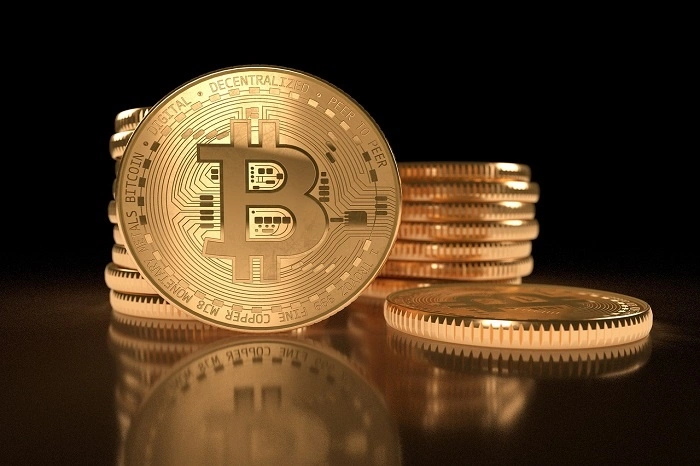Table of Contents
Arthur Hayes, former CEO of Bitmex, expressed his thoughts on Bitcoin's price volatility. He estimated that Bitcoin may decrease to $70,000 before returning again. Hayes suggested investors be patient and wait for the right opportunity to purchase.
He claimed that a market crash would lead central banks to ease their policies, increasing bitcoin. He also discussed short-term price drops and projected volatility at crucial levels. Hayes compared Bitcoin to equities, indicating that it reacts differently to financial crises.
Arthur Hayes Predicts Bitcoin Drop
Arthur Hayes, the former CEO of Bitmex, a cryptocurrency exchange, has provided his thoughts on the future direction of Bitcoin's costing and trading technique. His report was announced in the midst of broader market turmoil, as Bitcoin had just reduced from its peak and tested significant support levels.
On March 10, he revealed on social networking site X, claiming, "The plan: Be fucking patient," and he pointed out the value of patience while estimating that bitcoin may decrease as low as $70,000.
The former Bitmex executive stated:
"Bitcoin likely troughs at $70K decreased 36% from the $110,000 ATH, which is generally for a bull market."
Hayes Advises Strategic Patience
Hayes claimed that traditional financial markets, mainly the S&P 500 (SPX) and Nasdaq (NDX), would require a significant decrease in order for financial institutions to fail and for a substantial rise to occur. He claimed that this would force central banks to act on monetary easing measures, such as the Federal Reserve, the European Central Bank (ECB), the Bank of Japan (BOJthe European Central Bank (ECB), the People's Bank of China (PBOC), and others.
He gave investors advice on how to maintain market volatility, highlighting the value of strategic timing. "Then you load up the truck," he claimed, advising them to hold off on creating significant investments until the opportune time. He stated:
"If you avoid risk, wait for the central banks to reduce before investing additional money. Traders will try to purchase the dip. Even though you may fail to reach the bottom, you won't have to deal with a protracted period of sideways and possibly untapped losses.”
BTC Leads in Crises
In addition, he warned of probable short-term volatility, claiming that Bitcoin might retest $78,000 before decreasing below $75,000 if it reduces to keep that level. He argued that a significant number of options contracts are centered between $70,000 and $75,000, potentially leading to enhanced volatility.
After analyzing price activity, Hayes compared Bitcoin to traditional equities, saying that the two markets work under quite different conditions. He claimed:
"BTC is a truly free market, whereas stonks are not. In a cash liquidity crisis, BTC pulls stocks both down and up."
Hayes anticipated in November of last year that Bitcoin would exceed $1 million, citing Trump's credit expansion policies as a source of inflation that might pull investors to hard assets, including BTC.







